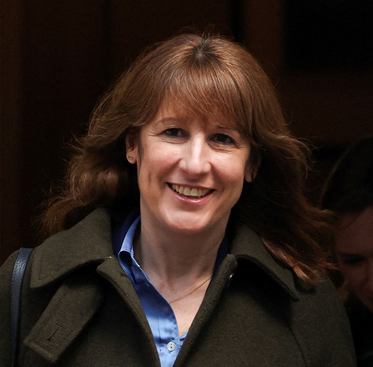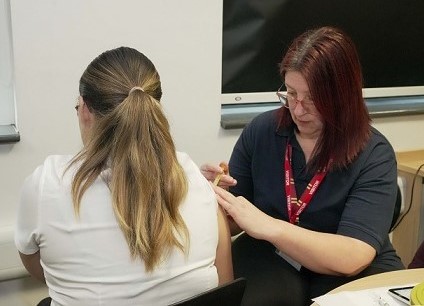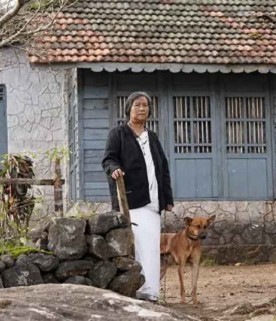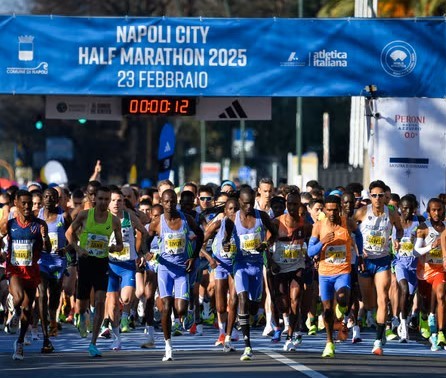Award-winning safari specialist Real Africa has invited a number of sixth form students from the Norwich School to attend their 15th Anniversary event at the Royal Geographical Society in London next week. The students, who have all exhibited an interest in veterinary science, zoology, geography or wildlife and conservation attend a school within a stone's throw of Real Africa's offices in Norwich, Norfolk.
Managing Director Robert Ferguson extended the invitation to the students believing that engaging young people in conservation and educating them about current issues is a vital stepping stone to safeguarding endangered species such as rhino and elephant, who face an ongoing threat from illegal poaching in Africa.
The sell-out event, which marks the tour operator's 15th Anniversary will feature a talk by special guest, well known wildlife filmmaker, conservationist and star of BBC series This Wild Life, Saba Douglas-Hamilton. Saba will be talking about her 'wild life' in Kenya, her film career and role in elephant conservation as Head of Special Projects at Save the Elephants (STE).
The students have been invited to join industry professionals, friends of Real Africa and VIPs in the famous Map Room at the Royal Geographical Society prior to the talk which starts in the Ondaatje Theatre at 7pm on Thursday 8 October.
The proceeds of ticket sales are going to the conservation charity Save The Elephants founded by Saba's father, Dr Iain Douglas-Hamilton, one of the world's foremost authorities on African Elephants. Real Africa's partnership with Save the Elephants is set to continue after the fund-raising event with the tour operator promoting the charity at a series of travel shows throughout the autumn and winter. In addition Real Africa is offering special Elephant Conservation Safaris to Samburu and the Masai Mara, where clients can see conservation in action first-hand and enjoy up-close interaction with elephants. The Real Africa Trust will make a direct donation to STE on behalf on any client booking these special itineraries.
Threat to Elephants
The ivory trade and accelerating habitat and range loss have put African elephant populations at risk. In a single decade between 1979 and 1989, half of all Africa's elephants were lost to the ivory trade, according to a pan African census conducted by STE's Iain Douglas-Hamilton. For the next decade the trade lay dormant and African elephant populations began to recover. By 2007 it was estimated to be between 470,000 and 690,000 (Blanc et al. 2007). But a new crisis was brewing, fuelled by demand for ivory particularly in China where a demographic and economic boom had taken place.
Recent research by STE revealed that an estimated 100,000 elephants were killed for their ivory in Africa between 2010 and 2012 with the price of ivory in the Far East estimated at US$2,100 a kilo, where it is sought after as a status symbol and an investment.
The number of elephants remaining in Africa is uncertain, but is likely to be in the region of 500,000. Taking into account births, these losses are driving declines in the world's wild African elephants on the order of 2-3% a year.
















